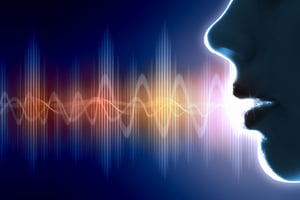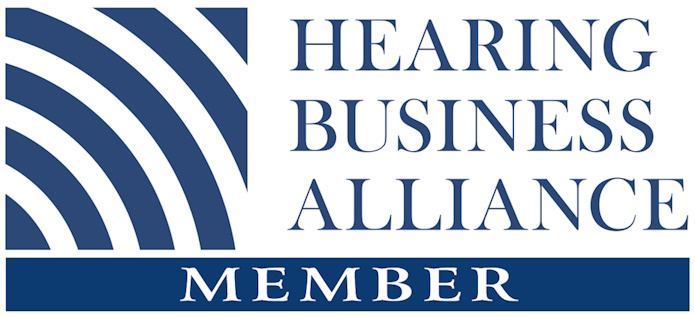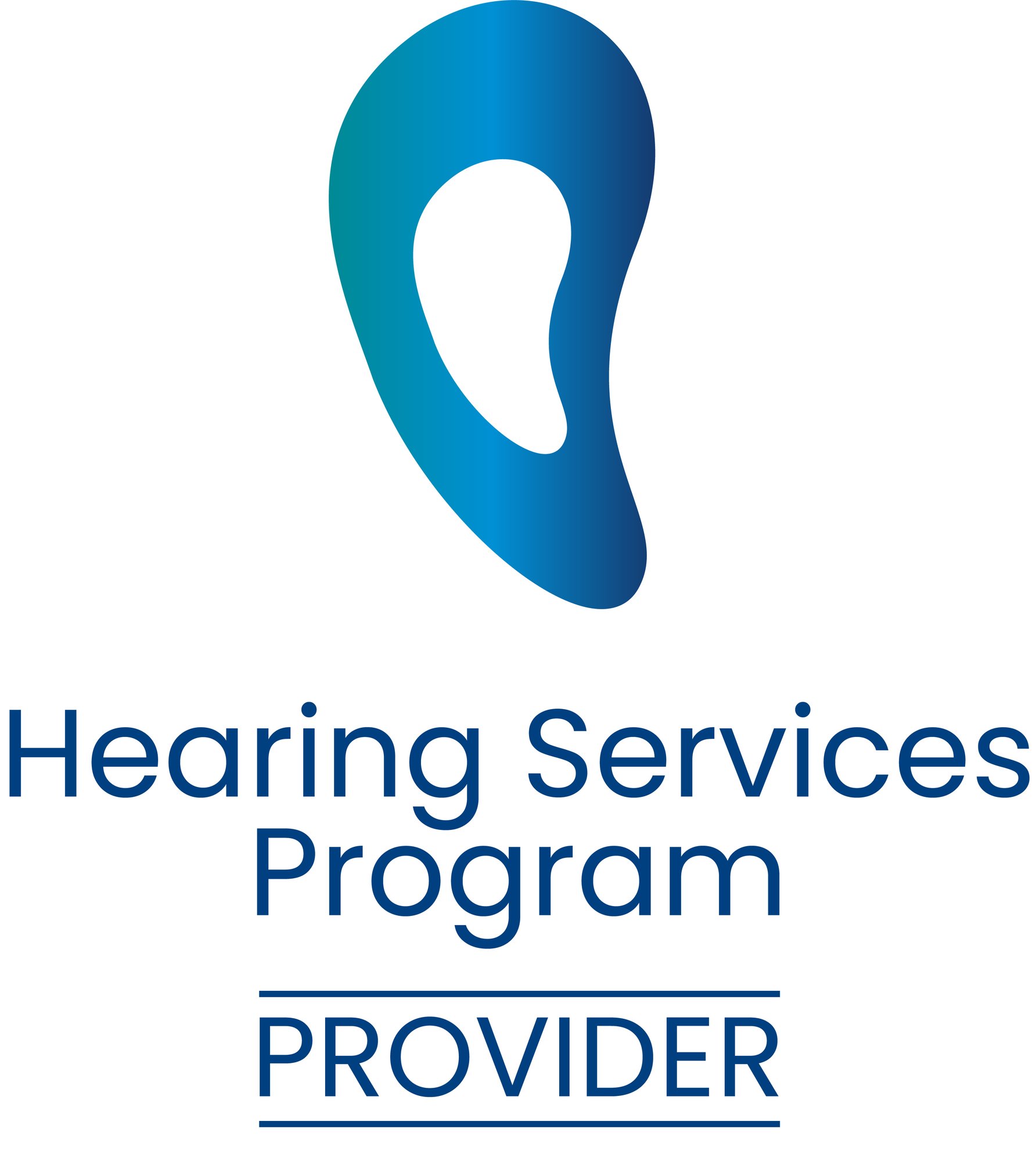Time to Read: 5 minutes

One of the comments we regularly receive from clients is, “I can hear people talking, but I can’t understand what they’re saying”. It can be confusing and concerning at the same time. In this article, we will explore the reasons why you might feel that you can hear but not understand speech clearly.
Book Your Free Hearing Test Instantly
There are three main reasons why this might happen:
High-frequency hearing loss impacts the clarity of sound
 One of the most common hearing loss types is high-frequency sensory neural hearing loss. This kind of hearing loss is caused by a number of things. These include aging, noise damage, certain disease processes, and more. People who have this kind of insidious hearing loss often comment that they feel their hearing is normal, yet they have difficulty understanding speech at times.
One of the most common hearing loss types is high-frequency sensory neural hearing loss. This kind of hearing loss is caused by a number of things. These include aging, noise damage, certain disease processes, and more. People who have this kind of insidious hearing loss often comment that they feel their hearing is normal, yet they have difficulty understanding speech at times.
High-frequency hearing loss affects your ability to hear the sounds which provide clarity (mostly consonants) more than it affects your ability to hear volume (mostly vowels).
This kind of hearing loss makes it difficult to understand high-pitched consonant sounds that help you understand whether someone said "show" or "throw" for example. Those subtle sounds are important to hear in order to correctly understand what someone is saying. So you may hear them talking loudly enough, but not understand everything they are saying.
When you have this kind of hearing loss, you may feel that people mumble and you may even accuse them of mumbling even if they don't! The voices of female speakers as well as children also tend to be more high-pitched, so you might find these people harder to hear than you do male speakers. Similarly, you might find people with strong accents harder to hear as well as having difficulties understanding speech in background noise.
Our brain is very clever and will use lip-reading cues to determine the right letter but sometimes doesn’t always get it right. People with this kind of hearing loss often find they hear better when the person speaking is facing them.
We would certainly recommend getting your hearing tested as soon as possible if this sounds like you.
Also see: Better Hearing by the Letter
The environment is too noisy to hear clearly
 The second reason you might have trouble hearing what people say is because of a noisy environment. Even people with excellent hearing can struggle to hear someone when it is noisy. Some people are very good at hearing speech in noise, while others are not. We have simple, quick online testing available to show how well any individual hears speech in the presence of background noise.
The second reason you might have trouble hearing what people say is because of a noisy environment. Even people with excellent hearing can struggle to hear someone when it is noisy. Some people are very good at hearing speech in noise, while others are not. We have simple, quick online testing available to show how well any individual hears speech in the presence of background noise.
This issue is also known as the Cocktail Party Effect where competing sounds make it difficult for you to follow a single conversation.
The right hearing aids, if indicated, can be quite effective in providing support in the form of directional microphones and computer processing that prioritises delivering speech to your ears. These directional microphones are a must-have feature in all modern hearing aids.
Issues with auditory processing
 Thirdly, your ears may be working just fine. The issue might be auditory processing. The test above could possibly also indicate a processing issue if you score poorly despite having a normal audiogram.
Thirdly, your ears may be working just fine. The issue might be auditory processing. The test above could possibly also indicate a processing issue if you score poorly despite having a normal audiogram.
This means the sound is going into your ears just fine but your brain is having trouble interpreting what you hear into things you can understand.
People who don’t persevere with their auditory processing difficulties may switch off during conversations.
What can you do about your difficulties understanding speech?
There is a lot you can do to train your brain to process speech and to help you comprehend when people are speaking.
The number one thing to do is to get your hearing tested. Without a hearing test, you are in the dark about your next steps. Not all hearing loss requires hearing aids. Sometimes there are medical solutions to these problems. A hearing test will provide you with the next steps to consider to get back to understanding speech more clearly.
There are also a number of online training programs available that show some success in improving hearing in noise as well as listening and speech understanding skills. These include L.A.C.E and Amptify. These are certainly worth exploring with or without hearing aid usage.
If you do use hearing aids, then we recommended you wear your hearing aids every day and wear them all day.
If you don’t wear your hearing aids regularly, your brain doesn’t get the opportunity to process sounds and determine whether they represent a danger to you or not.
That means as soon as you put your hearing aids in, your brain is treating all sounds with equal priority. It’s even more demanding on your brain if you only wear your hearing aids when you go out and about. That results in you feeling overwhelmed and tired after only a couple of hours.
It is true you will hear annoying sounds when you first wear your hearing aids regularly but once your brain acclimatised to hearing noises, it will learn how to ignore them.
We have an excellent article here on how to get used to wearing hearing aids which will help you understand speech.
Another way to help improve listening comprehension following hearing loss is to ask your audiologist about auditory rehabilitation exercises. We’ve covered some of these in the article on getting used to hearing aids.
We also recommend listening to audiobooks - especially recorded versions of books you already have in print. This way you can follow along with the words as you hear them spoken.


